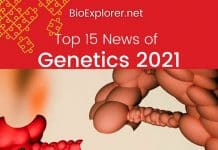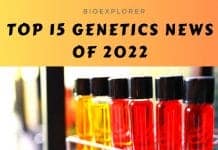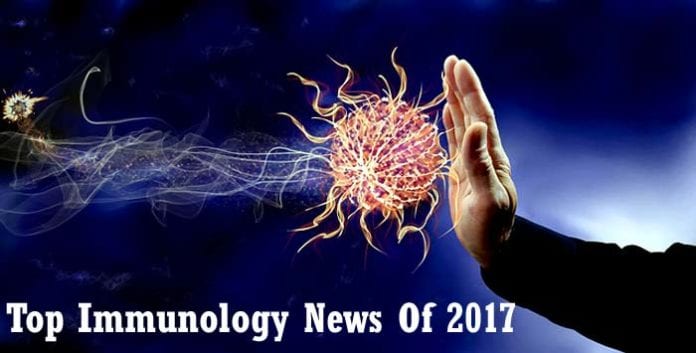
Top Immunology News In 2017: Immunology is one of the sub-divisions of biology (to be precise biomedical science) that encompasses the study of immune system in all living organisms. In this page, learn biological advancements and research news in the field of immunology and related top stories in 2017.
Table of Contents
- Top 12 Immunology News In 2017
- New broad-spectrum antiviral drugs for Zika & Dengue
- German Scientists Find Crucial Factor In Alzheimer’s Disease
- Researchers Discover Blood Platelets Help Against Pathogens
- Innovative Treatment Found For Sepsis
- Researchers Publish Breakthrough Study on Immunotherapy Drugs
- Study Finds HIV Vaccine Needs Rare Naïve precursor B cells
- MGH Researchers Discover New Methods of Creating Antibodies
- Houston Scientists Find A Method For Curing Autoimmune Disorders
- Natural Killer Cells in Uterus Helps During Early Pregnancy
- Swiss Researchers Find New Autoimmune Diseases Cure
- A New Time-based Treatments For Autoimmune-related Disorders
- Study Finds Malaria Causing Mosquito Outsmarts Immune System
Top 12 Immunology News In 2017
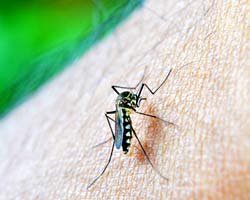
A recent study published in Science Immunology reports that a receptor on the surface of the natural killer cells can recognize an amino acid sequence found to be conserved in many similar groups of viruses called flaviviruses like Zika or Dengue. This newly discovered fact could be used in developing broad-spectrum antivirals.
![]()
German Scientists Find Crucial Factor In Alzheimer’s Disease
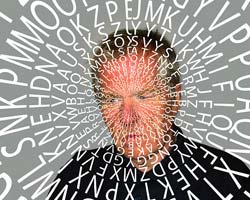
A group of scientists at the University of Bonn and the German center for neurodegenerative science have discovered the mechanism that drives Alzheimer’s disease progression. Inflammation caused by the brain’s immune systems promotes the development of Alzheimer’s disease.
![]()
Researchers Discover Blood Platelets Help Against Pathogens
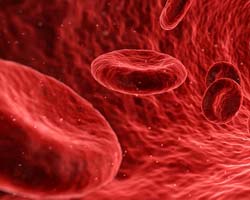
Researchers have discovered a new role for blood platelets – that of assembling bacteria into piles or aggregates for elimination by phagocytes. Blood platelets thus, help protect the body against pathogens.
![]()
Innovative Treatment Found For Sepsis
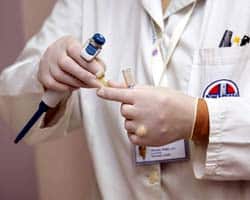
Scientists at the University of California developed nanoparticles covered in macrophage cell membranes called “nanosponges” used to treat sepsis. These nanosponges detect and clear sepsis-causing pathogens from the bloodstream. This study shows promise in treatment and management of sepsis by helping to clear out endotoxins, and pro-inflammatory cytokines form the blood.
![]()
Researchers Publish Breakthrough Study on Immunotherapy Drugs

Researchers at the Dana Farber Cancer Institute have discovered the mechanism that enables cancer cells to become resistant to immunotherapy drugs. The findings from this study can be implemented in developing novel drugs and drug targets.
![]()
Study Finds HIV Vaccine Needs Rare Naïve precursor B cells
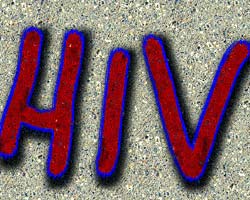
Findings from a recent study show that development of the HIV vaccine is still difficult. For the development of an antibody-based HIV vaccine, a type of B-cell known as Naïve precursor B cells are required. These produce mature B cells that produce a range of antibodies. However, researchers found that these B cells are very rare.
![]()
MGH Researchers Discover New Methods of Creating Antibodies
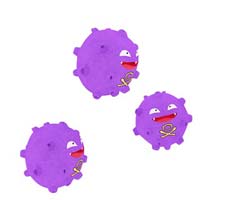
Researchers at the Massachusetts General Hospital developed a method of creating antibodies. Autoantibodies that generally attack the body or self-cells can be converted into inflammation fighting antibodies using this technique. The experiment was carried out in mouse models of autoimmune disorders.
![]()
Houston Scientists Find A Method For Curing Autoimmune Disorders
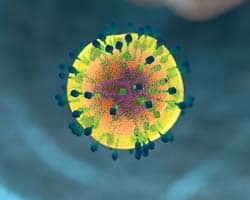
Scientists at Houston Methodist have discovered a method of curing autoimmune disorders and preventing donor organ rejection. Findings from this study reveal that a molecular switch present in the T-cells help activate or deactivate T cell function. This switch is controlled by the IRF4 molecule which can help cure autoimmune diseases and prevent transplanted organ rejection.
![]()
Natural Killer Cells in Uterus Helps During Early Pregnancy

A recent study published in “Immunity” identified Natural killer cells to be among the most common cells found in the uterus during the first trimester of pregnancy. These cells help provide nourishment to the fetus by increasing the production of growth factors. Natural killer cells can be used for the treatment of fetal impairment.
![]()
Swiss Researchers Find New Autoimmune Diseases Cure
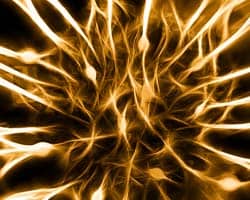
Similar to Houston researchers finding a method of curing the autoimmune disorders, researchers at the University of Zurich discovered that the mechanism by which cells break down their cellular components in immune cells cause them to target the central nervous system thereby leading to the development of autoimmune disorders. Findings from this study can help design new ways to treat autoimmune diseases.
![]()

Scientists at Trinity College Dublin established that the time of day influences immune response and activity, as well as autoimmunity in the body. Due to this, the way the immune system responds to certain drugs can also vary depending on the time of the day. Findings from this study can help develop better drugs that can be targeted based on this concept.
![]()
Study Finds Malaria Causing Mosquito Outsmarts Immune System
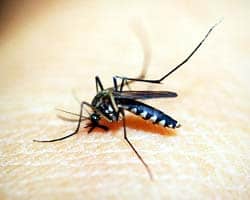
Researchers at the Weizmann Institute of Science have shown that the parasite responsible for causing Malaria, namely Plasmodium falciparum is extremely skilled at outsmarting the Immune system. It employs various strategies to evade attack by the immune system, by hiding from it, as well as deceiving it.
![]()




